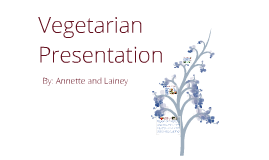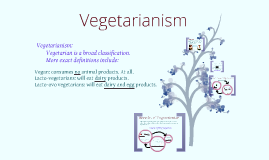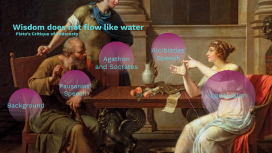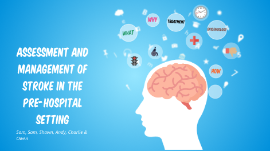Vegetarian Presentation
Transcript: - Cholesterol is unique to animal cells. The body has a shortage of red blood cells, due to a lack of iron. Red blood cells carry oxygen and other essential compounds to cells. Non-meat sources of iron include spinach, kale, soybeans, and prunes. B-12 is important on the cellular level. It helps with DNA replication and cell division, and, to a smaller extent, cell development. Symptoms include confusion, sleeping limbs, sore mouth, weight loss, and pale/yellowish skin. Lack of B-12 can lead to a lack of red blood cells, because they cannot develop correctly. Zinc is crucial to the healing of injuries and immune system health. At the cellular level, zinc assists in DNA synthesis. Zinc can be found in seafood (oysters have a particularly high concentration), grains, nuts, and beans. Proteins are crucial to cellular function. Enzymes are composed of proteins, and the macro-molecule is essential to organ health. Calcium is crucial to bone, muscle, and nervous system health. Dairy is a well-known source of calcium. Calcium is also found in soy products, almonds, and dark, leafy greens. Disease Fighting Properties This can damage the nervous system. Blindness has been induced in severe cases. B-12 shortage has also been tentatively linked to osteoporosis. Protein Charring meat can create carcinogens on the surface. - less likely to smoke Non-vegan vegetarians tend not to have a problem with calcium deficiencies. Deficiencies There is also a decreased amount of cholesterol in the diet. Healthier Lifestyle Vegetarianism and an omnivore diet are as healthy as an individual wants. They can be equally healthy; all depends on what is eaten and how much. - exercise more Zinc Symptoms of zinc deficiency: "growth retardation. . . changes in taste acuity, delayed wound healing, decreased immunity and impaired cognitive functions." Plants are suspected to contain chemicals- known as phytochemicals- which may help prevent cancer. Conclusion A study of over 9,000 Australian women found the vegetarian portion had a "lower body mass index. . . and tended to exercise more." These include lentils, nuts, beans, peas, and edamame. Health Risks of Vegetarianism Vegetarianism Protein is found in multiple plants. Makes for a healthier heart and less chance of obesity. Zinc Meat. Meatmeatmeatmeatmeatmeat. Eating an excessive amount of meat results in unnecessary intake of fat, particularly saturated fat. Calcium Benefits of Vegetarianism Protein Vegan: consumes no animal products. At all. Lacto-vegetarians: will eat dairy products. Lacto-ovo vegetarians: will eat dairy and egg products. Especially red meat. Iron "The American Dietetic Association asserts vegetarians have a lower risk of being obese, diabetic, getting heart disease, certain cancers, and hypertension." Plants have high levels of antioxidants, which are suspected to prevent a number of diseases. Oklahoma State University found that vegetarians were more likely to avoid smoking, exercise, and generally lead a healthier life. Vegetarianism: Vegetarian is a broad classification. More exact definitions include: Vegetarians have an increased fiber and decreased saturated fat intake. Moderation is counseled as the best path to balancing the risks and benefits of eating meat. Vitamin B12 Can cause severe fatigue, vertigo, brittle fingernails, paleness, and a taste for dirt. Vitamin B-12 Therefore, ingesting plants can reduce vulnerability to illnesses such as Alzheimer's and various cancers. Meat provides high quantities of the nutrients just discussed. Vitamin B-12 The body cannot create Vitamin B-12; all of the substance comes from the diet. Iron Anemia Extreme weight loss, brittle hair, decreased healing rate, paleness, fatigue, and insomnia are all symptoms of protein deficiency. Vegetarians tend to have a healthier lifestyle. "Processed meats contain certain additives that in high quantities are believed to promote cancer.

















